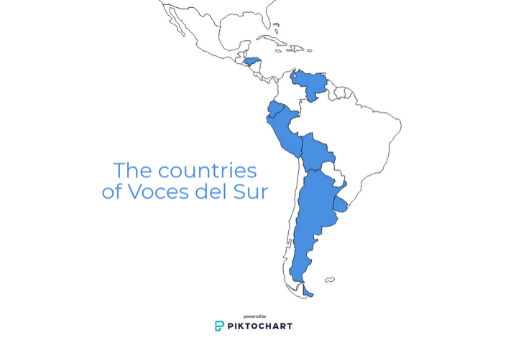
United not only by cultural and geographical similarities, but also by the type of problems that their countries face politically, economically and socially, seven journalistic organizations have formed the Voces del Sur alliance to systematize the monitoring freedom of expression in their countries.
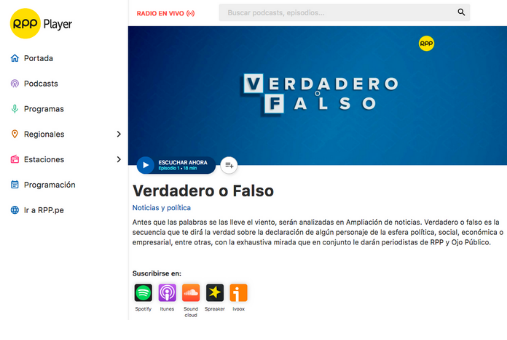
One of Peru’s digital investigative journalism sites and its largest radio broadcasting company have teamed up to verify public discourse and share their findings across the country.
![President of the Constitutional Court of Peru, Ernesto Blume (Photo: Juan Manuel Herrera/OEA via Flickr]](https://latamjournalismreview.org/wp-content/uploads/2020/06/President-of-the-Constitutional-Court-of-Peru-Ernesto-Blume-e1591573839860.jpg)
With six votes in favor and one against, the Peruvian Constitutional Court annulled the law that prohibited the State from contracting state advertising with private media after declaring it unconstitutional, newspaper El Comercio reported. The law was approved by congress last June.

Peruvian journalist Paola Ugaz was criminally denounced for aggravated defamation by the Archbishop of Piura and Tumbes, José Antonio Eguren Anselmi.

Peruvian journalist Paola Ugaz was criminally denounced for aggravated defamation by the Archbishop of Piura and Tumbes, José Antonio Eguren Anselmi. The religious figure accuses Ugaz of having damaged his honor and reputation.
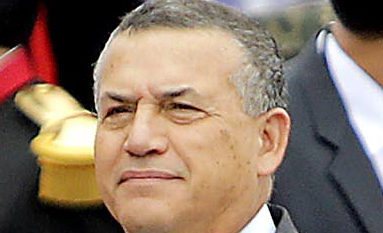
Former military officer Daniel Urresti, who is running for mayor of Lima on Oct. 7, was acquitted as co-author of the murder of journalist Hugo Bustios in 1988.
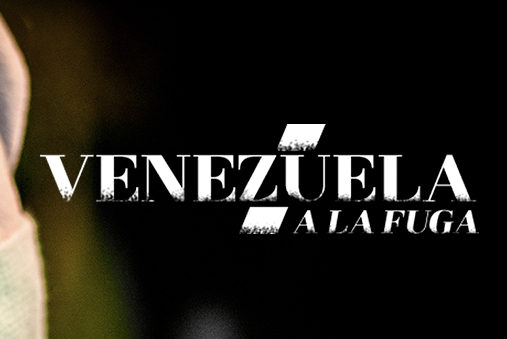
Stories about the effects of man-made environmental disasters, the fight for women’s rights and an international refugee crisis were recognized at the 2018 Gabriel García Márquez Journalism Awards.
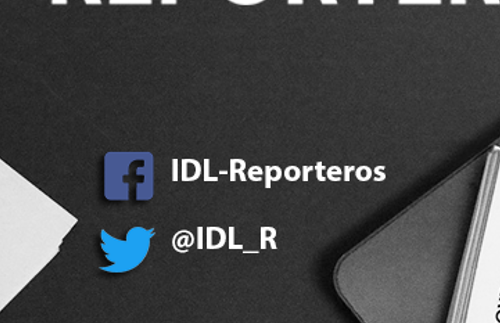
The Peruvian journalistic site IDL-Reporteros, which in the middle of this year revealed a deep crisis in the country’s judicial system through the release of audio recordings of telephone leaks, asked the Inter-American Commission of Human Rights (IACHR) to demand that the government provide urgent protection measures for journalists and officials investigating the alleged acts of corruption.
Peruvian journalist Gustavo Gorriti, director of IDL-Reporteros, and his colleague and cofounder Romina Mella, presented a constitutional complaint for protection before the Constitutional Court of the Superior Court of Justice of Lima, for the continuous and aggressive demands toward their news site.
Peruvian investigative journalism site IDL-Reporteros received, for the third time this week, a request from judicial and legislative authorities to reveal its journalistic sources after it published a report revealing alleged acts of corruption in the Peruvian judicial system.
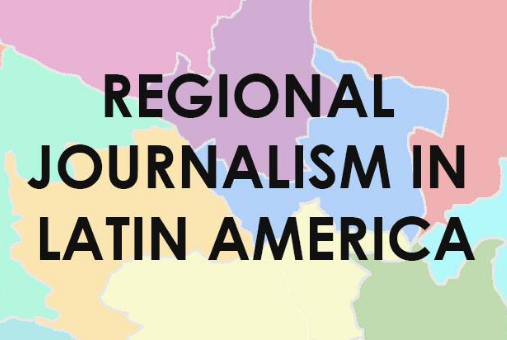
With the digital technological revolution of recent years and the crisis of the conventional business model of the newspaper industry –which until the beginning of this century was largely based on advertising revenues– many of the major newspapers have prioritized national and international coverage, leaving little left over for the regions.
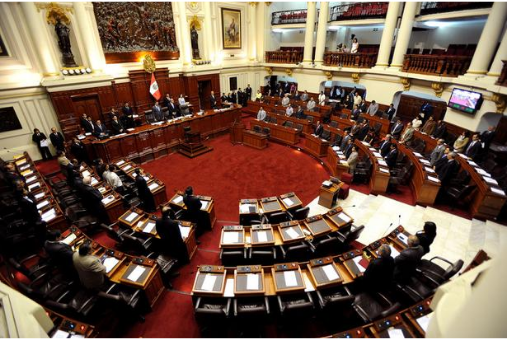
The Peruvian Congress ratified Law 2133, which prohibits official advertising in private media outlets, during the night of June 14. Advocates say it will curb public spending, but critics say it is a form of indirect censorship against media.